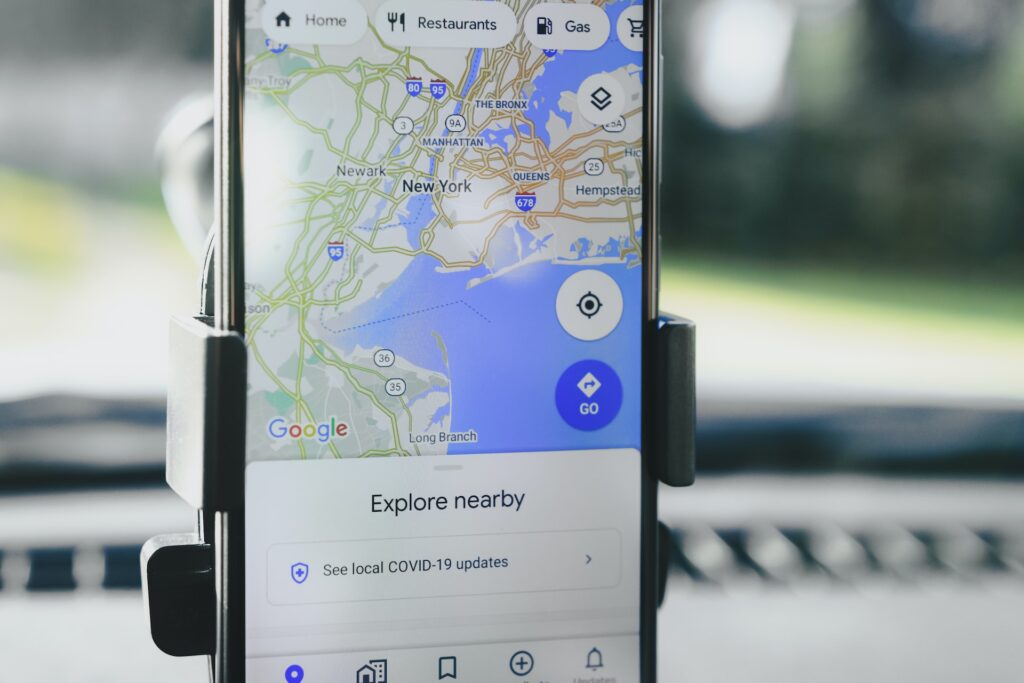GPS technology has revolutionized the way we navigate, making it easier for us to get from point A to point B. But it’s not just limited to that, GPS technology has also had a profound impact on the way we live and work. In this article, we will explore the ways in which GPS technology has changed our lives and the industries it has transformed.
Introduction
GPS technology, short for Global Positioning System, was developed by the United States government for military use. It has since been made available to civilians and is now used in a variety of applications. GPS technology allows us to determine our exact location and provides us with turn-by-turn directions to our destination.
In addition to navigation, GPS technology has had a significant impact on a wide range of industries, including transportation, medicine, and agriculture. In this article, we will explore the ways in which GPS technology has changed our lives and the industries it has transformed.
The History of GPS Technology
The development of GPS technology began in the 1960s as a way for the US military to accurately navigate their ships and planes. The system was launched in the 1970s and became fully operational in the 1990s. GPS technology was initially only available to the military, but in the 1980s, it was made available to civilians.
How GPS Works
GPS technology works by using a network of satellites orbiting the Earth. These satellites transmit signals to GPS receivers on the ground, which then use the signals to determine their exact location. The GPS receiver must be able to receive signals from at least four satellites to determine its location accurately.
GPS and Transportation
GPS technology has transformed the way we navigate on the road, in the air, and on the sea.
Automotive Industry
In the automotive industry, GPS technology is used in navigation systems that provide turn-by-turn directions to drivers. GPS technology is also used in telematics systems that monitor the performance of vehicles and provide real-time data on things like fuel consumption and engine performance.
Aviation Industry
GPS technology has revolutionized the aviation industry, making it easier for pilots to navigate and land their planes. GPS technology is also used in air traffic control systems to track planes in real-time and prevent collisions.
Shipping Industry
In the shipping industry, GPS technology is used to track the location of ships and cargo. This allows companies to monitor the progress of their shipments and ensure they arrive at their destination on time.
GPS and the Medical Industry
GPS technology is also used in the medical industry to track medical equipment and monitor patient health.
Tracking Medical Equipment
GPS technology is used to track medical equipment, such as wheelchairs, hospital beds, and infusion pumps. This allows healthcare providers to quickly locate equipment when it’s needed and ensure it’s properly maintained.
Monitoring Patient Health
GPS technology is also used to monitor the health of patients, particularly those with chronic conditions. Wearable devices with GPS technology can track a patient’s location and provide alerts if they leave a designated area.
GPS and the Military
GPS technology was originally developed for military use and continues to be an essential tool for the military today.


